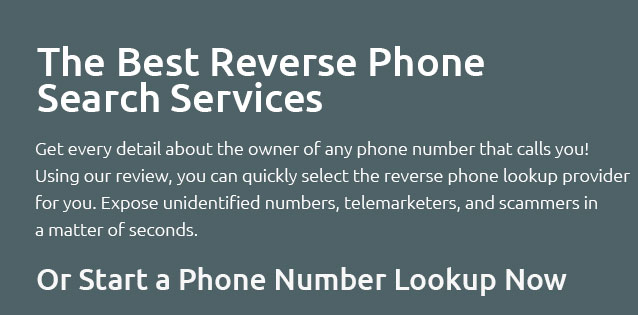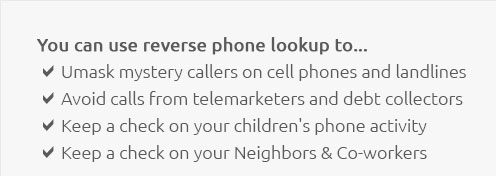 |
 |
 |
|---|
 |
 |
|---|---|
|
|
 |
|
|---|---|
 |
 |
 |
 |
 |
 |
|---|---|
 |
|
Understanding Reverse Cell Search: A Comprehensive GuideThe concept of reverse cell search might sound a bit technical at first glance, yet it is an increasingly popular tool in today's digital age. For those unfamiliar with the term, a reverse cell search is a process where one uses a phone number to find details about its owner, effectively working in the opposite direction of a typical phone directory. This might seem somewhat invasive at first thought, but it can be surprisingly useful and, when used responsibly, quite ethical. Why, you might ask, would anyone need to perform such a search? Well, there are a myriad of reasons. Imagine receiving calls from an unknown number at odd hours or needing to verify the identity of a person you just met online. With a reverse cell search, these mysteries can be unraveled. It is, however, crucial to approach this tool with a sense of responsibility and respect for privacy.
In conclusion, while the idea of a reverse cell search may initially seem like something out of a detective novel, it is a very real and practical tool available to the modern individual. Whether used for personal safety, business verification, or just to satiate curiosity, it is a testament to the power of information in our digital age. As with any tool, the key lies in using it responsibly, always weighing the balance between the right to information and the right to privacy. https://www.quora.com/What-is-a-reverse-phone-lookup-Does-Google-have-a-reverse-phone-lookup-If-not-what-apps-are-there-that-do-the-same-thing
Google itself doesn't offer a dedicated reverse phone lookup. Instead, you might just get general search results, which aren't always helpful ... https://apps.apple.com/us/app/reverse-lookup/id1086846780
Reverse Lookup is a FREE reverse phone lookup app for iOS devices that retrieves all available information associated with a phone number. https://www.geeksforgeeks.org/reverse-phone-number-lookup/
Zlookup is a reverse phone lookup service designed for international phone numbers. It allows users to search for both landlines and mobile ...
|
|---|